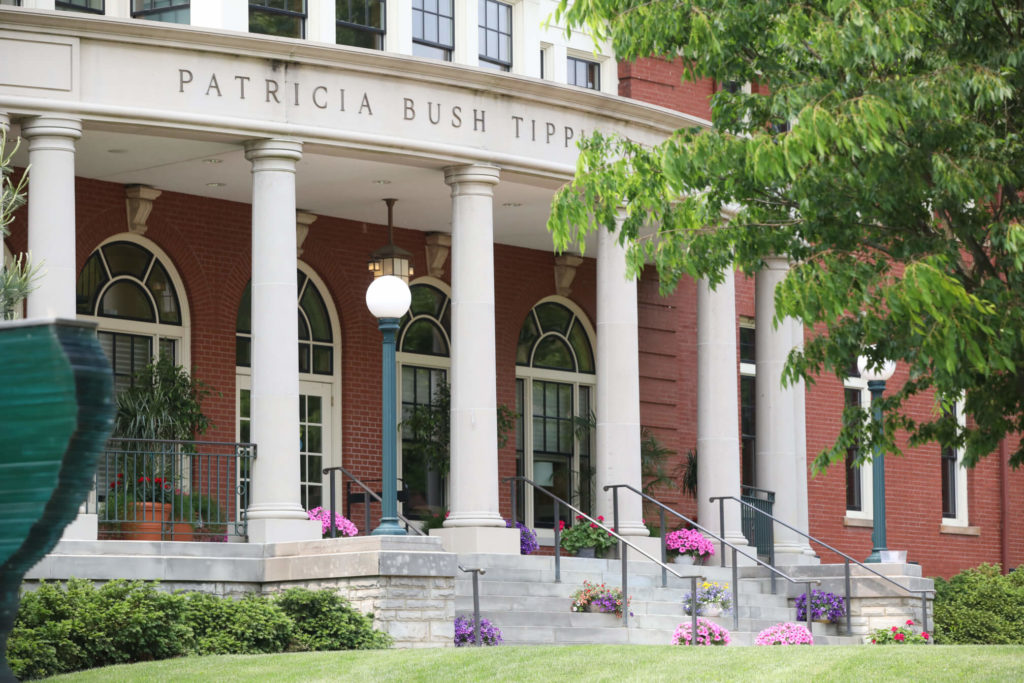Welcome to the Office of Foundation & Corporate Relations (FCR).
Our office supports faculty, staff and administrators in securing funding from private foundations, corporations and government agencies. We support institutional priorities including capital improvements, curricular and faculty development, individual faculty research, student development programs and scholarships.
This site provides a roadmap to apply for grants from private foundations and federal agencies. It explains essential policies and procedures, and provides links to relevant forms.
| Interested in submitting a grant proposal? The first step is submitting our mandatory grant proposal endorsement form. Completed grant proposal endorsement forms must be reviewed by a member(s) of the president’s cabinet before we can proceed with your proposal submission. |
Don’t forget to contact us early and often at fcr@allegheny.edu!
